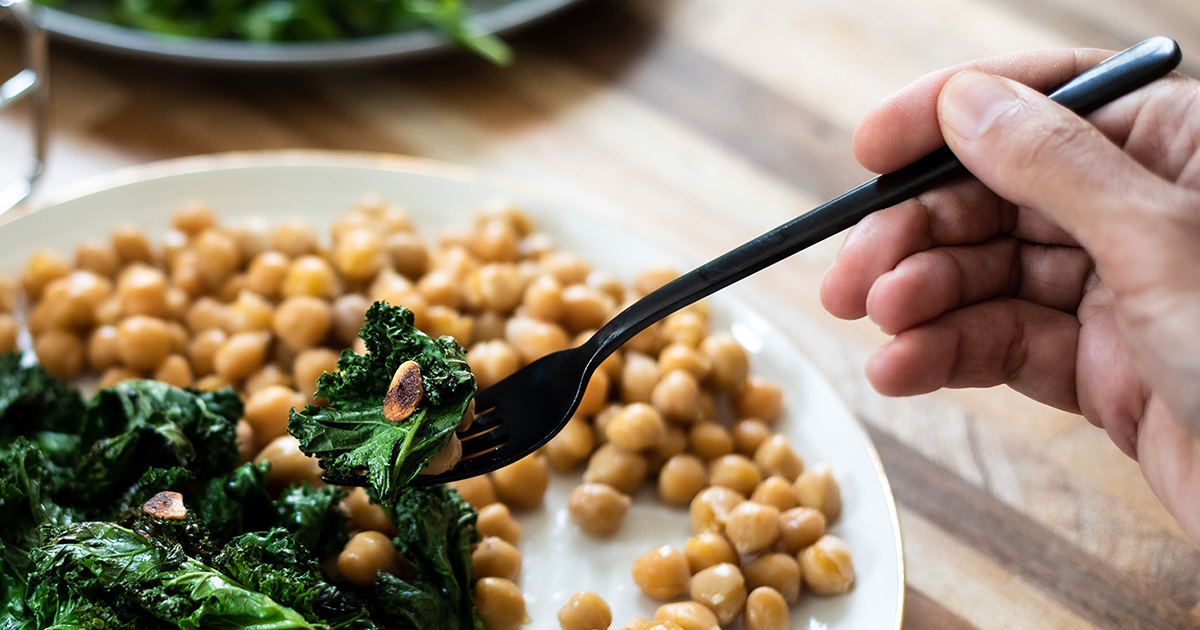From Plate to Kidney: How Diet Can Impact Creatinine Levels and Kidney Health

Maintaining kidney health is crucial for overall well-being, as kidneys filter waste from the blood and maintain fluid balance. Creatine levels are a critical marker of kidney function. Elevated creatinine levels can indicate impaired kidney function and may lead to chronic kidney problems if not addressed.
Creatinine and Kidney Health
Creatinine is a byproduct of muscle metabolism; healthy kidneys filter it from the blood. Elevated creatinine levels can be an early sign of kidney dysfunction. The kidney’s ability to filter blood properly may be compromised, leading to various health issues, including cardiovascular problems and imbalance in mineral levels. Regular monitoring of creatinine levels is essential for detecting any potential kidney problems.
Diet Tips for Maintaining Optimal Creatinine Levels and Kidney Health
1. Watch Your Protein Intake: Although protein is necessary for healthy muscles, consuming too much of it might strain the kidneys. Choose plant-based protein sources like beans and lentils as well as lean protein sources like fish. It’s critical to tailor protein consumption to meet specific requirements, considering body weight and creatinine levels.
2. Avoid Creatine Supplements: The liver produces creatine, which can raise creatinine levels. Steer clear of creatine-containing oral protein supplements, particularly if your creatinine levels are high. Instead, stick to sources of natural protein.
3. Drink enough water: Sustaining appropriate creatinine levels requires drinking enough water. A build-up of creatinine in the kidneys can result from consuming too little water. However, it’s crucial to consult a healthcare provider to figure out an adequate daily fluid limit that strikes a balance between kidney health and hydration if you have reduced kidney function.
4. Reduce Salt Intake: Consuming too much sodium raises blood pressure, which can damage the kidneys even more. Avoid processed foods rich in sodium, including pickles, packaged foods, and ready-to-eat meals. Instead, to improve the flavours of your food, try using substitute flavourings like lemon and herbs. A low-sodium diet is one of the best ways to keep your kidneys healthy.
5. Select High-Fiber Foods: Eating a diet high in fiber has been linked to improved kidney health. Incorporate items such as fruits, vegetables, whole grains, and legumes into your diet. Indirect benefits to kidney function can be obtained from these high-fiber meals by promoting overall digestive health and helping to control blood sugar levels. But watch out – some foods high in fiber may also be high in phosphorus or potassium.
Maintaining kidney health and optimal creatinine levels is essential for overall well-being. Following a balanced diet and making lifestyle choices that support kidney health can reduce the risk of developing kidney problems and maintain optimal kidney function.
- * All research and clinical data should be used as reference purposes only, results may vary.




